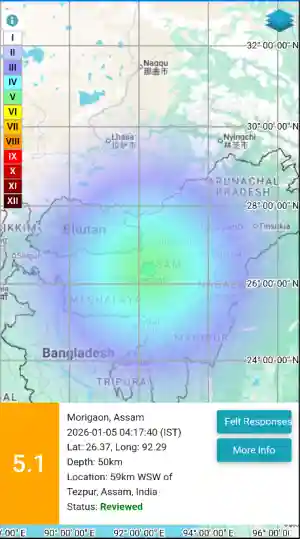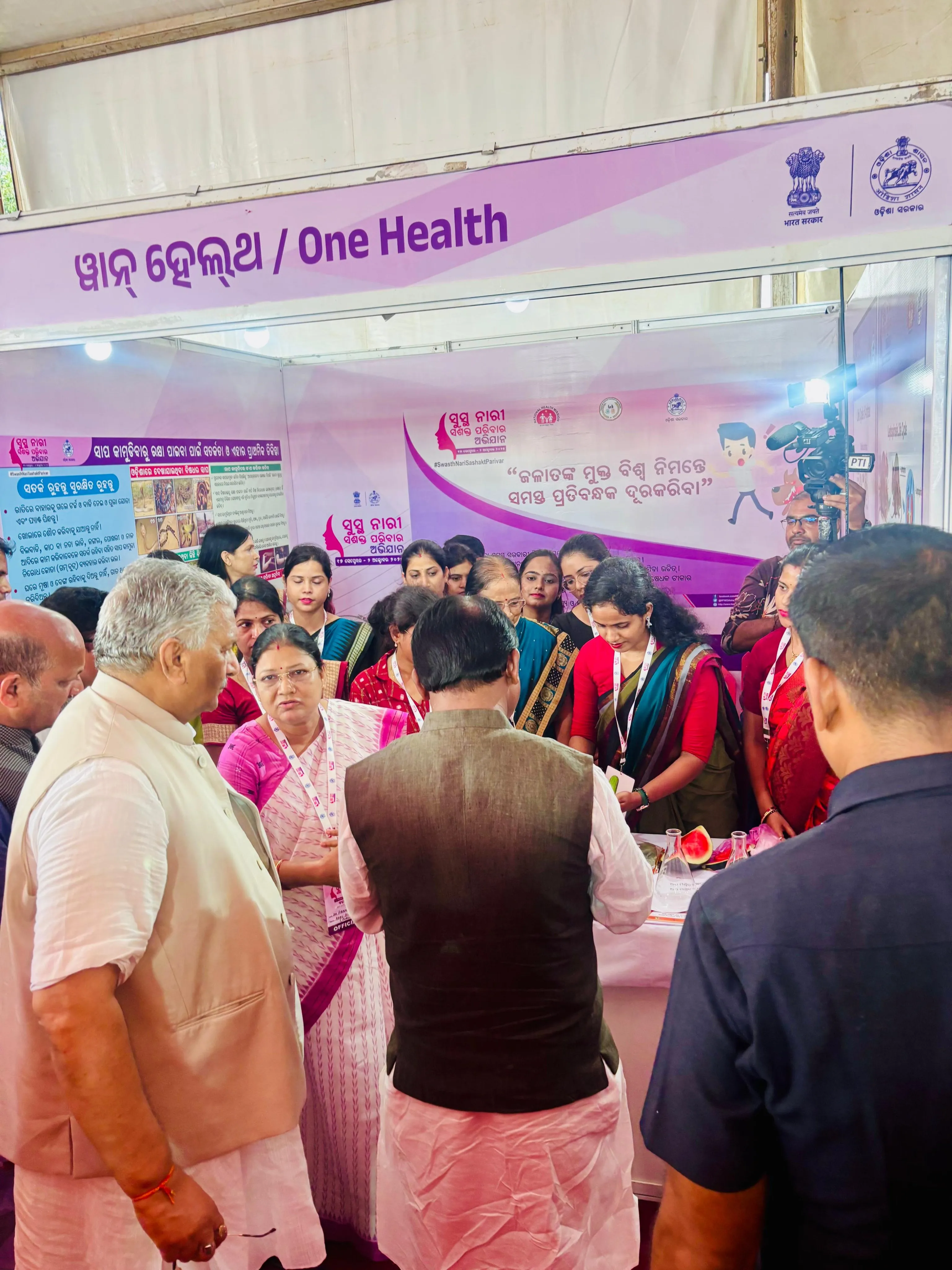

Bhubaneswar, Oct 4: Odisha has emerged as a national frontrunner in the Swasth Nari, Sashakt Parivar Abhiyaan (SNSPA) demonstrating laudable outreach and impact across multiple health domains.
The campaign, aiming at empowerment of families through women’s health, set benchmarks in participation, screening, and community engagement.
Available data showed that during the fortnight long (17th Sept to 2nd October) campaign, intensive healthcare and awareness activities were undertaken and more than 71,132 health camps were organized at Arogya Mandirs, primary and community health centers in all rural and urban areas. Odisha has ranked 4th highest among all states at national level.
During this period, about 1,04,72,912 women got their free health checkup done which was the 2nd highest in the country. The major tests included 12lakh hypertension screening, 12.2 lakh diabetes screening, 3.2lakhoral cancer screening, 3.3 lakh breast cancer screening, 40 thousand cervical cancer screening, 6.5 lakh adolescent girls’ counselling on menstrual hygiene screening. Besides, 32,865 blood units were collected through 523 voluntary blood donation camps organized in different districts.
Odisha’s approach to women-centric outreach yielded the State recording the second-highest female footfall nationally. Campaign underscored Odisha’s success in mobilizing women for preventive healthcare.
As per national data portal, achievements of Odisha stand tall alongside high-performing states like Madhya Pradesh, Maharashtra, and Rajasthan. While Madhya Pradesh leads in total camps and screenings, Odisha’s strength lies in its gender-sensitive outreach and adolescent health initiatives. Achievement in cancer screenings and menstrual hygiene counseling placed Odisha ahead of several larger states.
Senior health officials attributed Odisha’s success to decentralized planning, district-level ownership of the campaign, adoption of digital tools for camp tracking and data capture, along with active participation of ASHA workers and local self-help groups. Odisha’s model offered replicable strategies for deepening community health engagement.